In our fast-changing world, the way we raise our children is going to be very much different from the way we were raised by our parents. Much of the difference could be attributed to the need to prepare our future generation for a more dynamic and globalised world than ever before.

In light of the dynamism and the unpredictability of the future, here are five essential skills to inculcate in our children from a young age.
1. How to Manage Money
Depending on how old your child is, there are three essential skills parents need to address when it comes to money management: saving, earning, and spending.
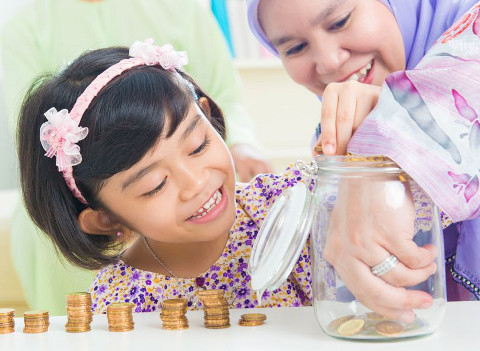
In a nutshell, it is advised to give your children financial responsibility from a young age in order to help them realise the value of money themselves. Letting them learn the consequences of overspending their allowance of $15 now helps them avoid making costly mistakes years later like inadvertently lashing the mortgage payments on a trip to an integrated resort as a means to relieve some stress from work or relationships – which brings us to our next point.
2. How to Deal With Stress
Stress is not a bad thing in and of itself. A healthy amount of stress can act as a motivation to spur individuals to greater successes. When managed improperly though, stress can lead to negative consequences. Examples of unfavourable stress habits that we should make a mindful effort not to pass on to the next generations include binge-eating and smoking as coping mechanisms to stressful situations.
➡️ Related Read: Signs That Your kids are Overworked and Stressed

Instead, guide your children towards exercising and healthy eating as productive responses to stress. Always strive to exemplify a positive mindset – it’s all going to be okay in the end; even if things do not end up the way we imagined, it’s not the end of the world.
⇒ Related Read: How to creat a stress-free environment for children
3. How to Adapt to Changes
In this ever-changing world, the change will likely be the only constant facing our children when they grow up. How do we prepare them well to be adaptable in the face of change?
The answer is simple, and that is to lead by example. For instance, when an inevitable schedule change happens, acknowledge it responsibly in the presence of your child. Do not overreact when one schedule change threatens to ruin a perfectly planned day. Roll with the punches, express frustrations, and look for solutions.
Say something like, “I’m annoyed that the party was cancelled and I know how much we were looking forward to it. How about we watch some cartoons on T.V.? Or do you want to go to the playground?” Offering your child alternate options helps to develop both discipline and flexibility.
As parents, we can make it easier for our children to adapt to changes. Instead of beating around the bush with your child when something does not go according to plan, accept it matter-of-factly and always remember to set an example that it is okay when plans change. It is our responses to these changes that determine our eventual state of happiness.
4. How to Make Healthy Choices
Like all the aforementioned skills, children pick up many of their life-long habits by repeating what they observe while growing up. The same applies to eating healthily and making healthy decisions.
If your child sees you taking on a tub of ice cream in a bid to eat away work-related stress, it gives them the green light to do the same as well. This is why we need to be careful, both for ourselves and for our children. Incorporate healthier choices like having fruit bowls and nuts on the table instead of cookies. This will send a signal that fresh fruits and almonds or walnuts are much better ways to fuel our bodies. As with all other good habits, it’s best to start healthy eating from as young an age as possible.
5. How to be Accepting of Differences
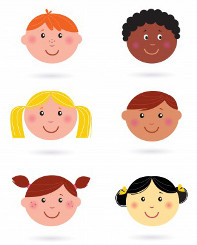
Too often children in Singapore (and in most urban cities) grow up in fairly insulated areas, where their peers are mostly alike (at least in appearance). As a result of that homogeneity, when we do come into contact with people who are different, it can be rather uncomforting, or even shocking.
Expose your children from young to people from all walks of life, whether from different religious beliefs or different nationalities and cultural backgrounds. Remind them of the importance of keeping an open mind capable of empathy and compassion. Just because someone’s beliefs differ from you does not mean that they are wrong. Show them that differences can and should be celebrated, and diversity is what makes life beautiful.
⇒ Related Read: Talking to your kids about racism
While it may be virtually impossible to impart every single skill our children may need in his or her life, we can try our very best to stand them in good stead to handle the unpredictable and beautiful journey ahead of them.
This article is contributed by MindChamps Singapore.
©2017 MindChamps Singapore. All rights reserved.
* * * * *
Like what you see here? Get parenting tips and stories straight to your inbox! Join our mailing list here.
Want to be heard 👂 and seen 👀 by over 100,000 parents in Singapore? We can help! Leave your contact here and we’ll be in touch.





































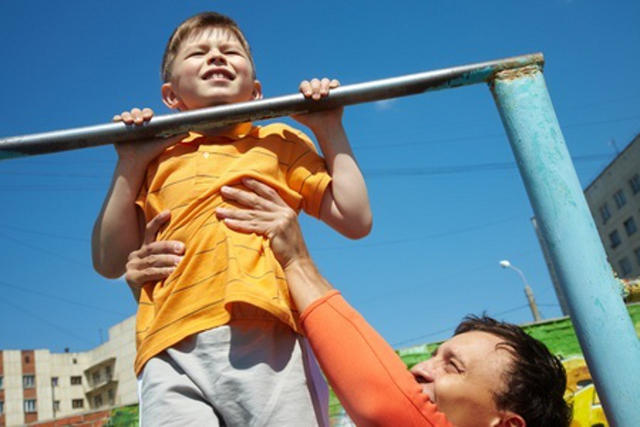



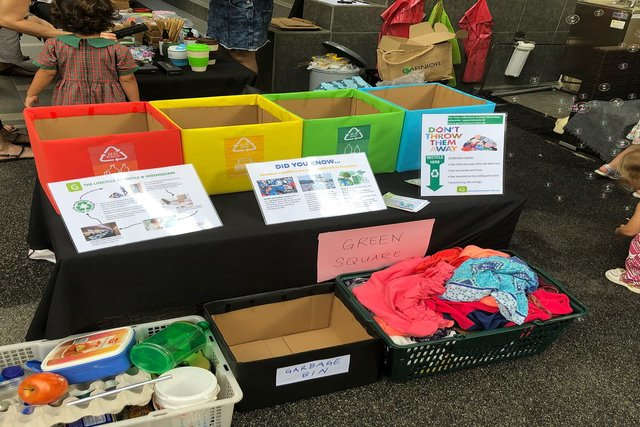

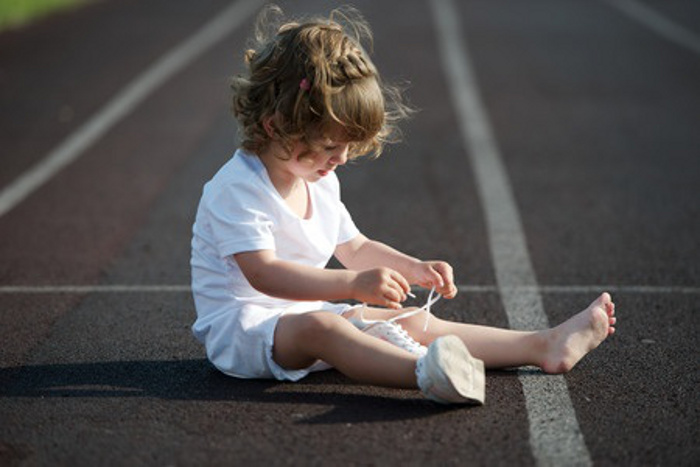


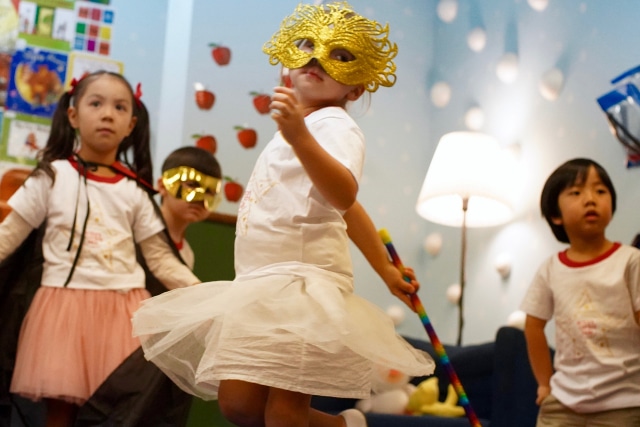










Leave a Comment: